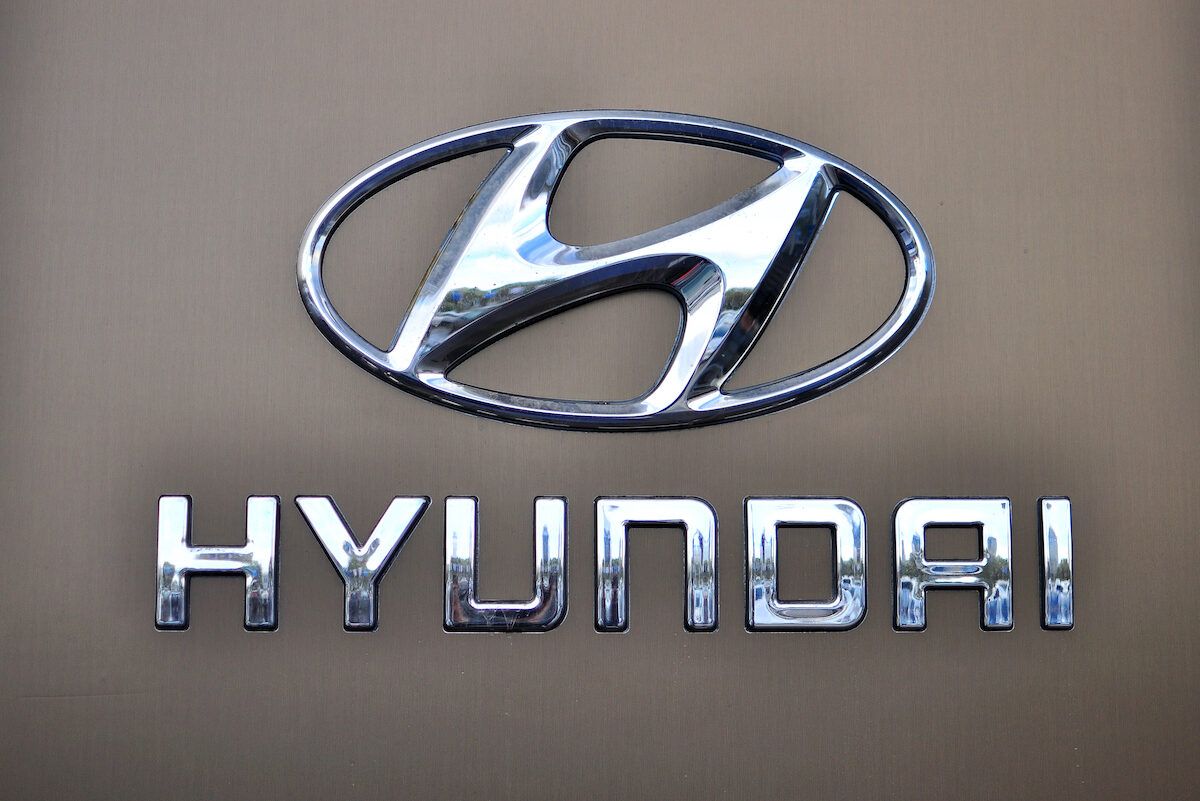
Update:
- A judge dismissed a class action lawsuit filed by a group of vehicle owners against Hyundai Motor Co. in a California federal court.
- The class action lawsuit claimed a number of Hyundai and Kia model vehicles contained an engine defect that caused them to use an excessive amount of oil.
- The vehicle owners argued the alleged defect, in addition to costing them money for the excess oil, caused the vehicles to stall and eventually fail.
- Court approval of the dismissal was not required as the class had not been certified nor proposed to be certified for purposes of a settlement, according to court documents.
Hyundai excessive oil consumption class action lawsuit overview:
- Who: A group of Hyundai and Kia vehicle owners are suing Hyundai Motor Co.
- Why: The drivers allege numerous models of Hyundai and Kia vehicles are equipped with defective engines that use excessive amounts of oil, stall and eventually fail.
- Where: The lawsuit was filed in a California federal court.
(April 20, 2022)
Hyundai makes numerous models of Hyundai and Kia brand vehicles with defective engines that use excessive amounts of oil, costing their owners huge sums of money, a new class action lawsuit alleges.
On Apr. 12, eight owners of Hyundai and Kia brand vehicles filed a class action lawsuit against Hyundai Motor Co. in a California federal court, alleging violations of federal warranty laws.
The Hyundai excessive oil consumption lawsuit alleges that numerous models of the automaker’s vehicles are equipped with defective Nu, Gamma, Theta, Lambda and Kappa engines.
The defective engines allegedly use excessive amounts of oil, stall and eventually fail. The drivers say Hyundai should have issued a recall for the vehicles a long time ago but hasn’t.
As a result, thousands of Hyundai and Kia owners and lessees have allegedly been forced to constantly check the oil levels, and oil must be added to the engines more frequently than even the owner’s manuals recommend, Car Complaints reports.
The engine issue has flow-on effects like reduction in engine lubrication due to crankshaft submersion and gaskets and seals damage, which leads to oil leaks.
The plaintiffs also claim that oil in their vehicles migrates to places where it shouldn’t be, damaging the combustion and exhaust systems.
This allegedly causes “abnormal wear of engine parts, oversaturation of carbon and deposits of oil sludge, ultimately requiring a costly engine rebuild or replacement.”
Automaker should honor warranty claims outside terms, Hyundai class action says
The plaintiffs allege that Hyundai should honor customers’ warranty claims even when the warranties have expired.
According to the lawsuit, Hyundai can’t adequately repair the oil consumption problems and doesn’t offer any reimbursement for out-of-pocket costs caused by the issue.
The class action states customers must suffer through long wait times for replacement parts, “and in most cases do not receive required engine replacements.”
The cars with the allegedly faulty engines include the 2012-2020 Hyundai Elantra, 2009-2018 Hyundai Genesis Coupe, 2019-2021 Hyundai Kona, 2020-2021 Hyundai Palisade, 2010-2012 and 2015-2021 Hyundai Santa Fe, 2009-2010 and 2015-2021 Hyundai Sonata, 2011–2021 Hyundai Sonata Hybrid, 2010-2013 and 2015-2021 Hyundai Tucson, 2011-2021 Hyundai Veloster, 2020-2021 Hyundai Venue, 2010-2021 Kia Forte, 2017-2020 Kia Niro, 2011-2020 Kia Optima and Optima Hybrid, 2012-2021 Kia Rio, 2011-2020 Kia Sorento, 2012-2021 Kia Soul, 2011-2020 Kia Sportage, 2018-2021 Kia Stinger and 2022 Kia K5.
Meanwhile, Hyundai has expanded its recall of vehicles with an exploding seat belt part issue that has caused multiple injuries to include 6,240 of its 2021-2022 Elantra and 2020 Accent vehicles.
The plaintiffs are represented by Nye, Stirling, Hale & Miller LLP, Sauder Schelkopf LLC and Walsh, PLLC.
The Hyundai Oil Consumption Lawsuit is Cho, et al., v. Hyundai Motor Company, LTD., et al. in the U.S. District Court for the Central District of California.
Are you one of the drivers affected by an allegedly faulty Hyundai engine? Let us know in the comments!
Don’t Miss Out!
Check out our list of Class Action Lawsuits and Class Action Settlements you may qualify to join!
Read About More Class Action Lawsuits & Class Action Settlements:




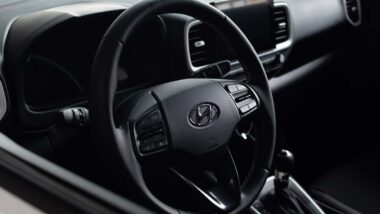
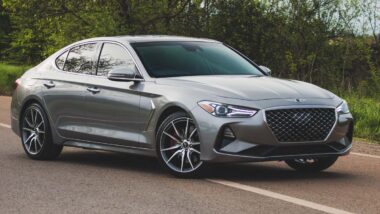

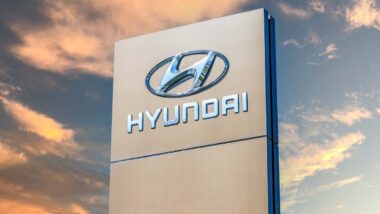





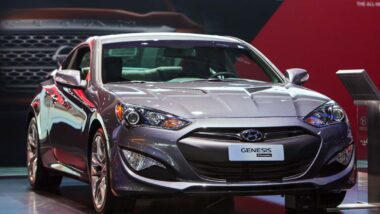

3,221 thoughts onHyundai class action over excessive oil consumption dismissed
We have a 2017 kia optima and 2017 kia Sorento. Both have now had engine issues. Our 2017 kia optima has a low oil light and we just changed our oil. We are very frustrated.
I have been having the same issue with my 2016 Hyundai Sonata Sport that I purchased brand new. About 1800 miles into an oil change, my light starts randomly flashing. This started around 48,000 miles and I’m now at 58k. Please include me in this lawsuit. I will NEVER buy a Hyundai again.
EXACT same issue on our 2016 Tuscon. We feel completely ripped off and left in the dust with this issue. These vehicles should be recalled. We’re in BC, Canada. We DEEPLY regret purchasing this vehicle and will never buy another Hyundai again. We brought the car in (under warranty) for oil burning issue. We were told it didn’t meet the “threshold” for warranty coverage/repairs. The excessive oil burning has now caused the cat to fail, which now needs replacement at $3000+ and the worst part is that even if we replace it, the issue will likely arise again over time because it doesn’t solve the issue of excessive oil burning.
Just had my exhaust accordion connector on front of the catalytic converter bend 90 degrees and burst from overheating due to a clogged catalytic converter at 85,000 miles. My repair shop recently told me Hyundais were known for burning oil. Now I know some related issues! Add me to the suit. Stranded on Kansas!
Same issue w my 16 Hyundai Tucson. Now my car has completely stopped while on the highway not even two months after Hyundai replaced 1out of 2 of the catalytic converters. Car also burns gas in LITERALLY 2 weeks. Currently at the dealership waiting to see what excuse they come up with. Add me to the lawsuit
I’ve had the same issue with my 2015 Hyundai Santa Fe. Finished 2 of 3 rounds of oil consumption for Hyundai and on the 3rd round they “changed” how they were handling these vehicles. Hyundai denied my claim to replace my engine due to “lack of maintenance” and when dealership called after having my car for 4 weeks, no loaner, I was informed I had a blown motor! Ran just fine when I took it in. No indication of any problems (other than oil), no check engine light, no nothing!. I do see however the dealership drove my car 1 mile, Could they have blown it. Anyway, this was my very 1st brand new car, I’m on disability and I have no way of fighting this. HELP! I was to join!
You betcha! Minimal problems with my 2015 base model until it just quit on me at $130,000 after complying with maintenance schedule. My 2020, however, is a different story. 75,000 and car had zero oil in it 3 no after my oil change and didn’t leak a single drop in my drive or my garage.
130,000 mi not $
I have a 2017 Tucson and I believe I am experiencing this exact issue. Went into “limp mode” today and the MIL light was blinking. I checked the oil after letting it sit for an hour and it seems bone dry!! Just had an oil change 2,000 miles ago done by the dealer. There are no oil spots in my drive at all. I’m fearing from what I have read that something is not right. Car has about 56,000 miles and has had regular oil changes at a certified dealer. How do I get involved if this oil consumption is the culprit? I almost got hit while trying to make a left turn when the car would not accelerate when the gas pedal was pressed!!
I was thinking that when I got my last few oil changes that they weren’t putting enough oil in my Tucson well come to find out it’s burning oil ????? What can we do about this?
Is there anything lawsuits in Texas or is it just in California? We are experiencing the same problem. We were given an estimate of $6500 to repair the car.
Is there any lawsuits in Utah this is bull shit! I have a 2022 Tucson I’m a quart short now. And I have 6,400 miles on it! This is not good!
Harrisburg PA. I am having the same issue. They made me do an oil consumption test and only offered the solution of a carbon cleaning. They didn’t even put a sticker in my car after for my next oil change. Said “everything is good.” was there only response to me. I asked about my warranty and there response was “since we have records now prior of this issue before your 60,000 miles if anything else related becomes an issue in the future we have proof.” Well see what good that does when time comes. I’m already about to hit 59,000 miles on my car too.